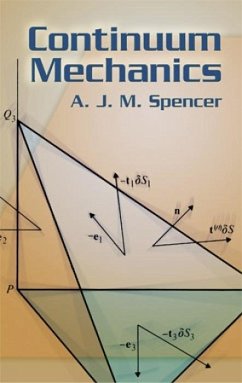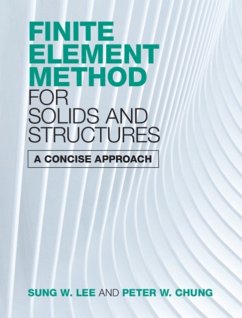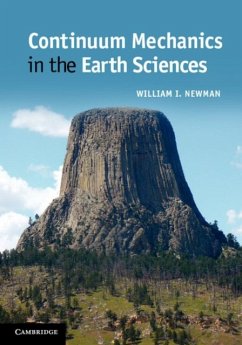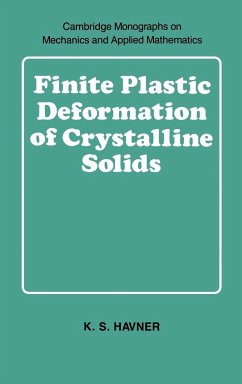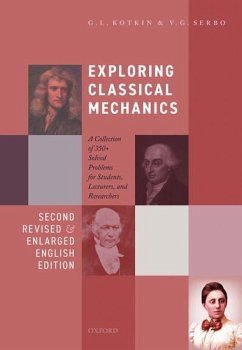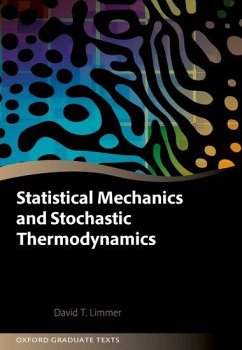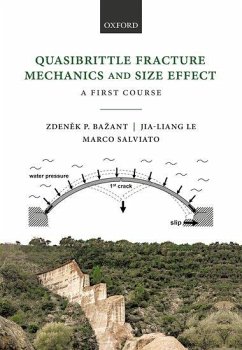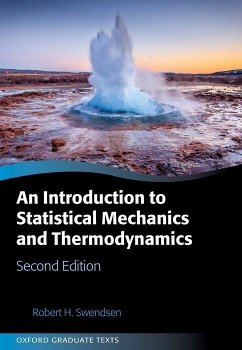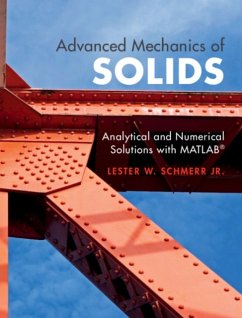Nicht lieferbar
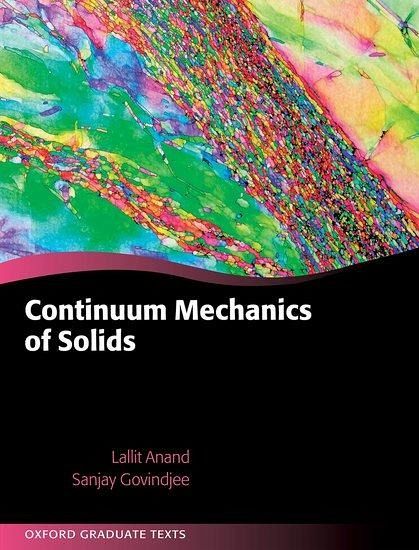
Lallit Anand (Professor of Mec Professor of Mechanical EngineeringSanjay Govindjee (Professor in Engineerin Professor in Engineering
Gebundenes Buch
Continuum Mechanics of Solids
Versandkostenfrei!
Nicht lieferbar




This introductory graduate text is a unified treatment of the major concepts of Solid Mechanics for beginning graduate students in the many branches of engineering. Major topics are elasticity, viscoelasticity, plasticity, fracture, and fatigue. The book also has chapters on thermoelasticity, chemoelasticity, poroelasticity and piezoelectricity.
Lallit Anand is the Warren and Towneley Rohsenow Professor of Mechanical Engineering at the Massachusetts Institute of Technology (MIT). His research focuses on solid mechanics, and he is widely known for his contributions to the development of large deformation plasticity theory for engineering technology. He has received numerous honors, including the Eric Reissner Medal, 1992; ASME Fellow, 2003; International Plasticity Medal, 2007; IIT Kharagpur Distinguished Alumnus Award, 2011; ASME Drucker Medal, 2014; MIT Den Hartog Distinguished Educator Award, 2017; Brown University Engineering Alumni Medal, 2018; and the Society of Engineering Science Prager Medal, 2018. He was elected to the National Academy of Engineering in 2018. Sanjay Govindjee is the Horace, Dorothy and Katherine Johnson Professor in Engineering at the University of California, Berkeley. He is known as the leading figure in modelling and computation of finitely deformable polymeric materials. He authored Engineering Mechanics of Deformable Solids (OUP, 2013), among other books. Govindjee serves as a consultant to several governmental agencies and private corporations. He is an active member in major societies such as the American Society of Mechanical Engineers and the US Association for Computational Mechanics. He is also a registered Professional Mechanical Engineer in the state of California. Noteworthy honors include a National Science Foundation Career Award, the inaugural 1998 Zienkiewicz Prize and Medal, an Alexander von Humboldt Foundation Fellowship 1999, a Berkeley Chancellor's Professorship 2006-2011. In 2018 he received a Humboldt-Forschungspreis (Humboldt Research Award).
Produktdetails
- Oxford Graduate Texts
- Verlag: Oxford University Press
- Seitenzahl: 736
- Erscheinungstermin: 20. September 2020
- Englisch
- Abmessung: 254mm x 194mm x 43mm
- Gewicht: 1720g
- ISBN-13: 9780198864721
- ISBN-10: 0198864728
- Artikelnr.: 59257266
Herstellerkennzeichnung
Libri GmbH
Europaallee 1
36244 Bad Hersfeld
gpsr@libri.de
Für dieses Produkt wurde noch keine Bewertung abgegeben. Wir würden uns sehr freuen, wenn du die erste Bewertung schreibst!
Eine Bewertung schreiben
Eine Bewertung schreiben
Andere Kunden interessierten sich für



